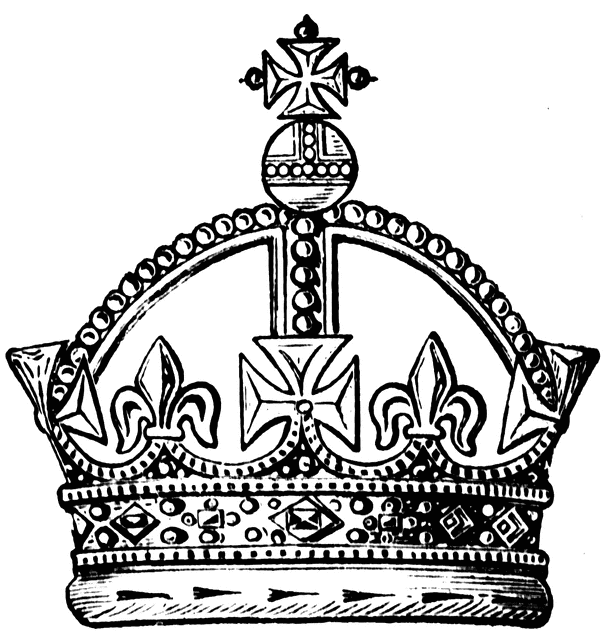N.T. Wright's NT Theolgy
For those who like a challenge, get a hold of N.T. Wright's New Testament theology. It is a five volume job (I'm not sure if it's complete yet), and I am only half-way through the first volume.
Bishop Wright, as opposed to a number of previous Bishops of Durham, believes in the Resurrection of Jesus, and his theology is aimed at showing why you can believe in it too. Its not easy going conceptually (although it reads very well; he has a preacher's facility with language) because he starts at first principals (eg. "How do we know anything at all?") and builds from there. For instance, the second part of his first volume ("The New Testament and the People of God") deals with the following topics:
- Knowledge: Problems and Varieties
- Literature, Story and the Articulation of World Views
- History and the First Century
- Theology, Authority and the New Testament
Read Mark Mattison's review. Are you ready for that? Take the plunge!





.JPG)









